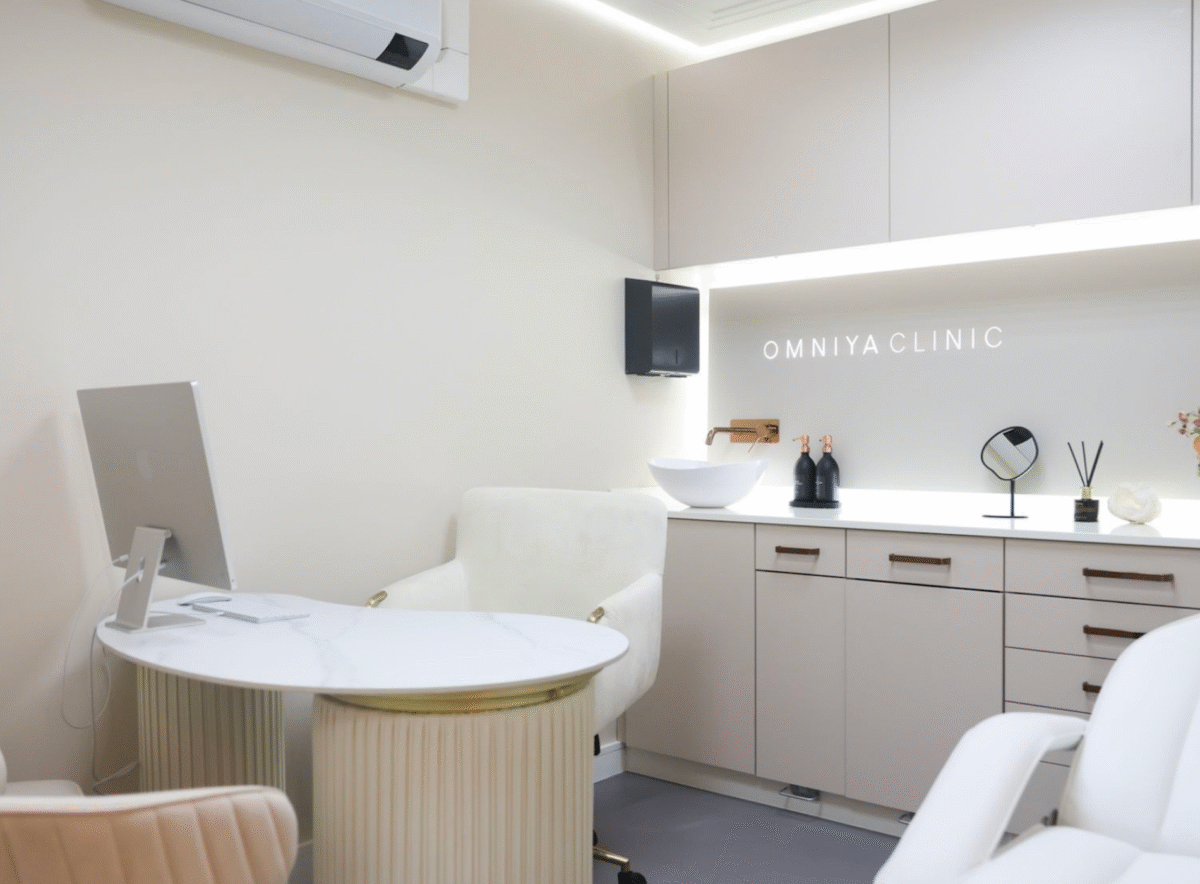What Are Polynucleotides for Hair Restoration?
Polynucleotides are purified DNA fragments with powerful biostimulatory and regenerative properties. When injected into the scalp, they help to restore a healthier environment for hair growth by improving tissue quality, hydration, and circulation around the follicles.
This treatment works on a cellular level to:
- Reduce inflammation associated with hair thinning and follicle miniaturisation
- Enhance scalp health by improving the extracellular matrix and increasing nutrient delivery to the follicles
- Stimulate growth factors that support hair regeneration and new growth over time
- Improve hair fibre quality, helping strands look stronger, shinier, and more resilient
At Omniya Clinic, we use leading polynucleotide formulations available in the UK, including recognised brands such as Ameela, to ensure safety, efficacy, and visible results tailored to your scalp condition and goals. For patients who prefer an alternative approach, PRP Hair Restoration can be an excellent complementary or alternative treatment. Where hormonal or genetic influences are significant, we may also recommend Fagron TrichoTest to guide a personalised medical hair plan.
































